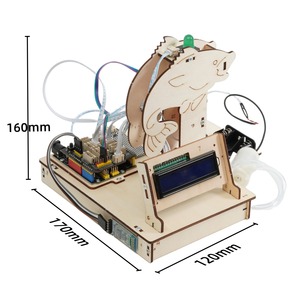Introduction to Science Programs
A science program is a structured educational curriculum designed to impart knowledge in various fields of science, including physics, chemistry, biology, and environmental science. These programs are tailored for students of all ages, from elementary to advanced levels, and aim to foster a deep understanding of scientific principles, methodologies, and real-world applications. With the rise of digital education, science programs are increasingly available online, allowing learners to access high-quality materials and interactive experiences from anywhere in the world.
Types of Science Programs
- Curriculum-Based Programs: Traditional science programs typically found in schools or universities, focusing on specific subjects such as biology or physics.
- Online Science Courses: Digital formats that offer flexibility and variety, enabling students to learn at their own pace and accessing materials from notable institutions.
- Extracurricular Science Programs: Workshops and clubs that encourage hands-on learning and exploration, often found in museums or community centers.
- Certificate and Degree Programs: Advanced studies that provide formal credentials in specialized sciences, often tied to professional development or career advancement.
Applications of Science Programs
- Educational Development: Science programs facilitate critical thinking, problem-solving skills, and scientific literacy, vital for today’s learners.
- Career Preparation: Many programs are designed to prepare students for careers in science, technology, engineering, and math (STEM) fields, essential for the future job market.
- Research and Innovation: Science programs often promote involvement in research projects, enabling students to contribute to scientific advancements and innovations.
- Public Awareness: Through community-oriented science programs, individuals gain knowledge that can impact public health, conservation, and environmental stewardship.
Features and Benefits of Science Programs
- Interactive Learning: Many science programs incorporate lab experiments, simulations, and hands-on projects that enhance engagement and retention of knowledge.
- Expert Instruction: Programs often feature experienced educators and industry professionals, providing guidance and mentorship to students.
- Flexibility and Accessibility: Online programs enable learners to access materials on-demand, making education more accessible to diverse populations.
- Structured Progression: Carefully designed syllabi allow students to build upon foundational knowledge, progressing to more advanced concepts and skills.
- Collaborative Opportunities: Many programs encourage teamwork and collaborative projects, preparing students for real-world science applications.












































